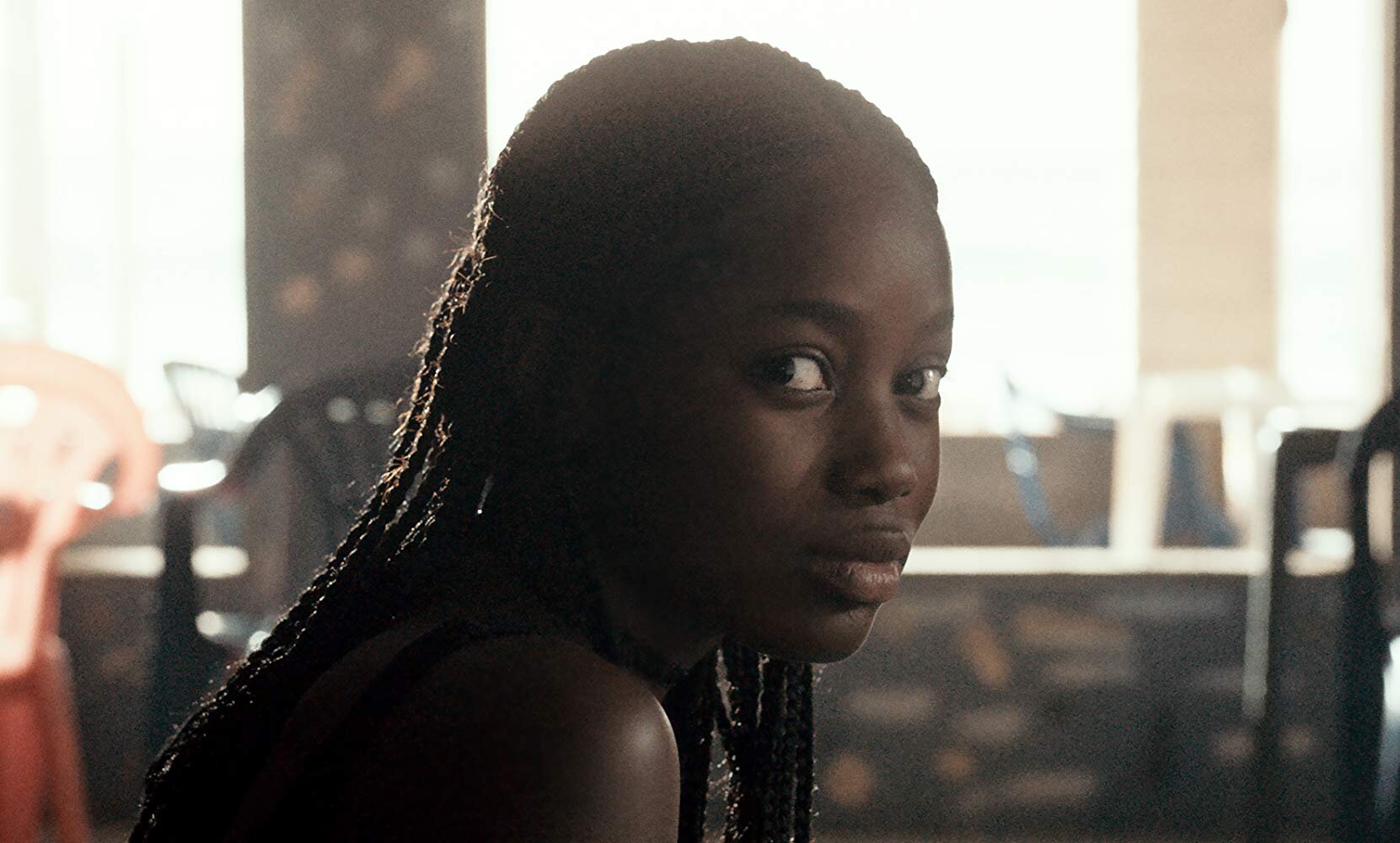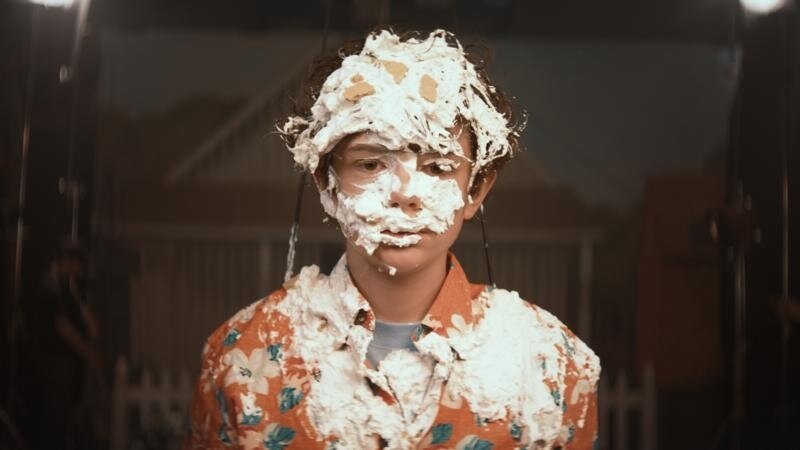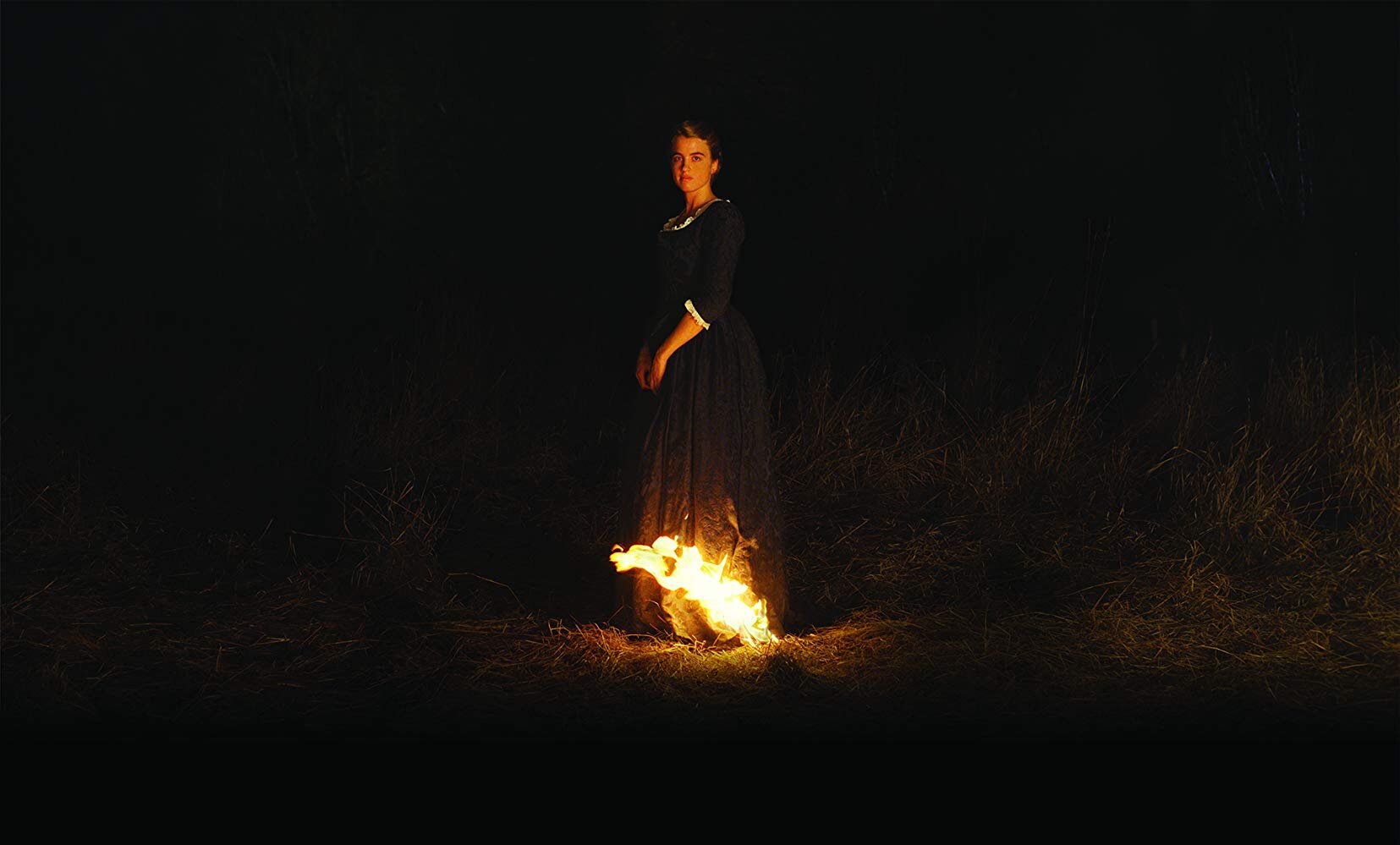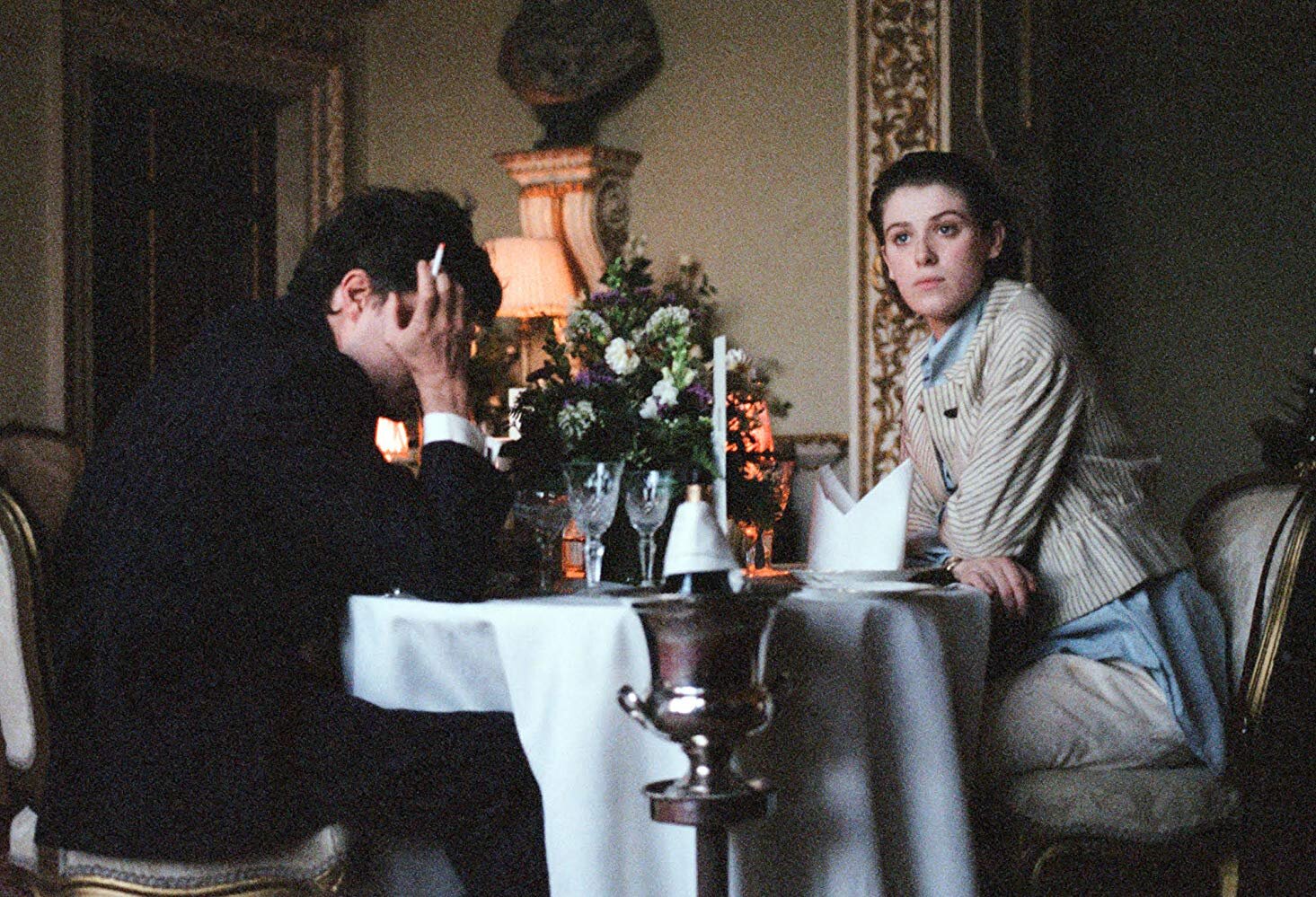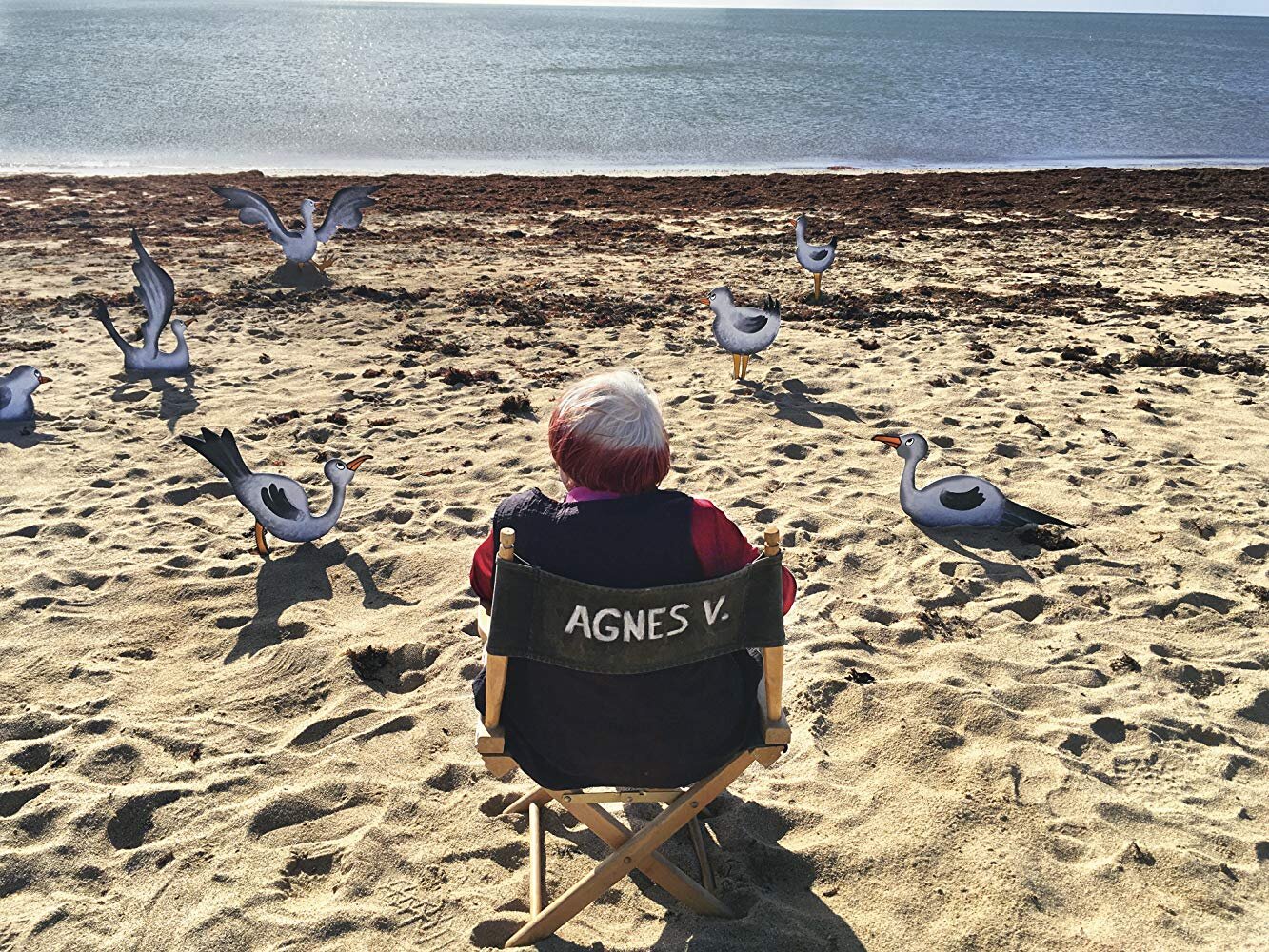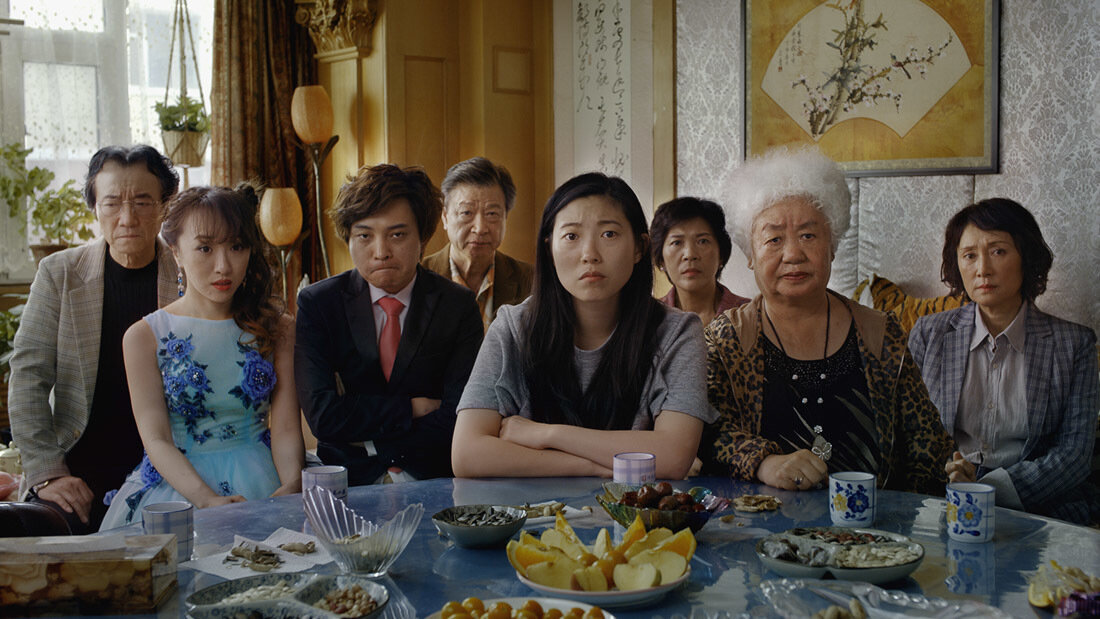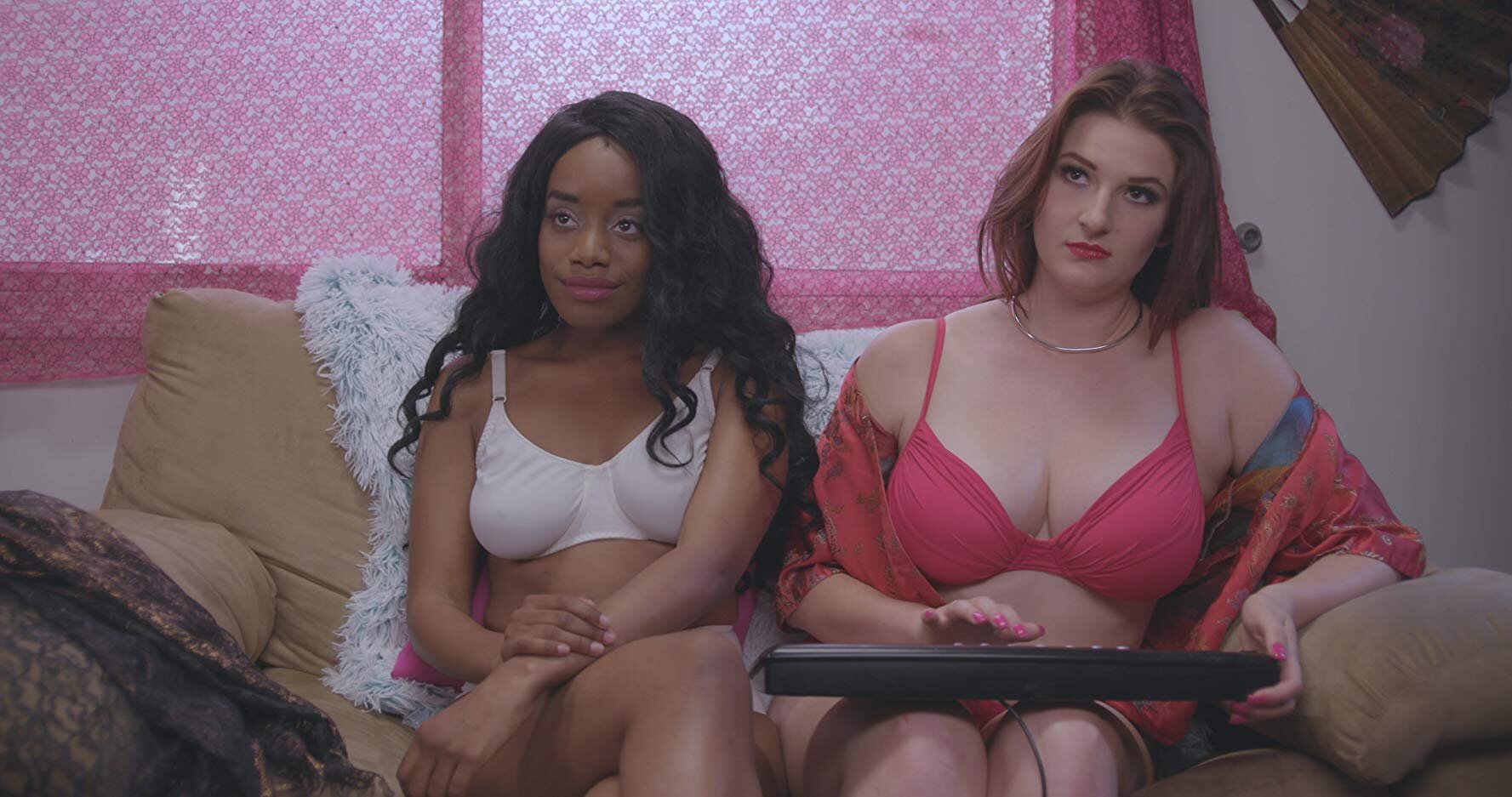IMDB
By Andrea Thompson
When Greta Gerwig’s masterpiece “Lady Bird” came out in 2017, it was lavished with much-deserved critical praise, and some record-breaking commercial success, given that it had the highest grossing limited theatrical release by a female director. It also inspired a highly contentious debate, one that seemed entirely beside the point, and often had misogynistic over and undertones. Was the film’s central relationship, that of between the title character played by Saoirse Ronan, and her mother Marion (Laurie Metcalf) abusive? Or more accurately, was Marion an abusive parent?
I suppose when you have a mother who is as imperfect, and yes, at times outright cruel to her daughter, such conclusions can hardly be avoided. Why did I call it beside the point? Because Gerwig captures each character, be they front and center or supporting, with such nuance and precision, that it doesn’t really matter. No one achieves that magical, wholly impossible state where they become so perfect they’re worth rooting for at all times.
That includes Lady Bird, or Christine, a student at a Catholic high school in Sacramento, California, in 2002. Lady Bird feels stifled by her surroundings, referring to her hometown as “the Midwest of California,” longing to escape to college on the East Coast, specifically to New York City, that mecca of all who are even slightly artistically inclined, or just ambitious in general. It’s a move her mother vehemently opposes due to financial concerns.
IMDB
Nevertheless, Marion and Lady Bird’s bond is very real, strong, and complicated like many mother-daughter bonds tend to be. Marion may belittle her daughter when she doesn’t do simple things like put her clothes away, shame her for being unaware of her father’s depression, and constantly accuse her of being ungrateful, but the painful beauty of the film is that it’s understandable, albeit more so from our safe distance. Marion has endured the stress of a childhood which included an abusive alcoholic mother, and an adulthood where her financial situation remains tenuous, partly due to her husband’s mental health, and eventually, his job loss. Then there’s the money she shells out for the Catholic school Lady Bird finds so suffocating.
None of this excuses Marion’s behavior, which includes refusing to speak to her daughter after she discovers she’s planning on attending college in New York, despite Lady Bird’s tearful pleas and apologies, but it does make her human, and thus, forgivable. To paraphrase Cheryl Strayed, it’s a view of a relationship that’s “happy, humane, and occasionally all fucked up,” with an emphasis on the latter component. Most films refuse to acknowledge the role money has in shaping a person’s life and mindset, but the family’s class status dominates their decisions and how they interact with each other and the world.
In her influential essay A Room of One’s Own, Virginia Woolf described how her mindset drastically changed after she inherited a substantial amount of money. Before, she had taken whatever odd jobs, writing or otherwise, that were available to her. It was a life of “fear and bitterness,” consisting of work that was hard yet difficult to live on, and always feeling the need to flatter because it seemed so necessary. Getting her own money, an amount that was enough to provide food and shelter, changed everything. She had everything she needed and always would. “Therefore not merely do effort and labour cease, but also hatred and bitterness,” Woolf wrote. “I need not hate any man; he cannot hurt me.” Very few women will experience such a reversal of fortune, and it’s the rare person who can maintain a mental equilibrium in the face of such constant pressures, which include the continual erosion of the social and economic safety net.
At least we are reassured that Marion’s sacrifices will eventually pay off, even if it isn’t explicitly stated. This movie is at least somewhat autobiographical, and while Lady Bird heads off to college in NYC, but it’s clear the naive teenager still has a lot to learn. She’s willing to learn it though, and her bond with her mother will remain strong, if only because distance is generally the first step in children actually being able to not only get along with parents, but see them as human.




